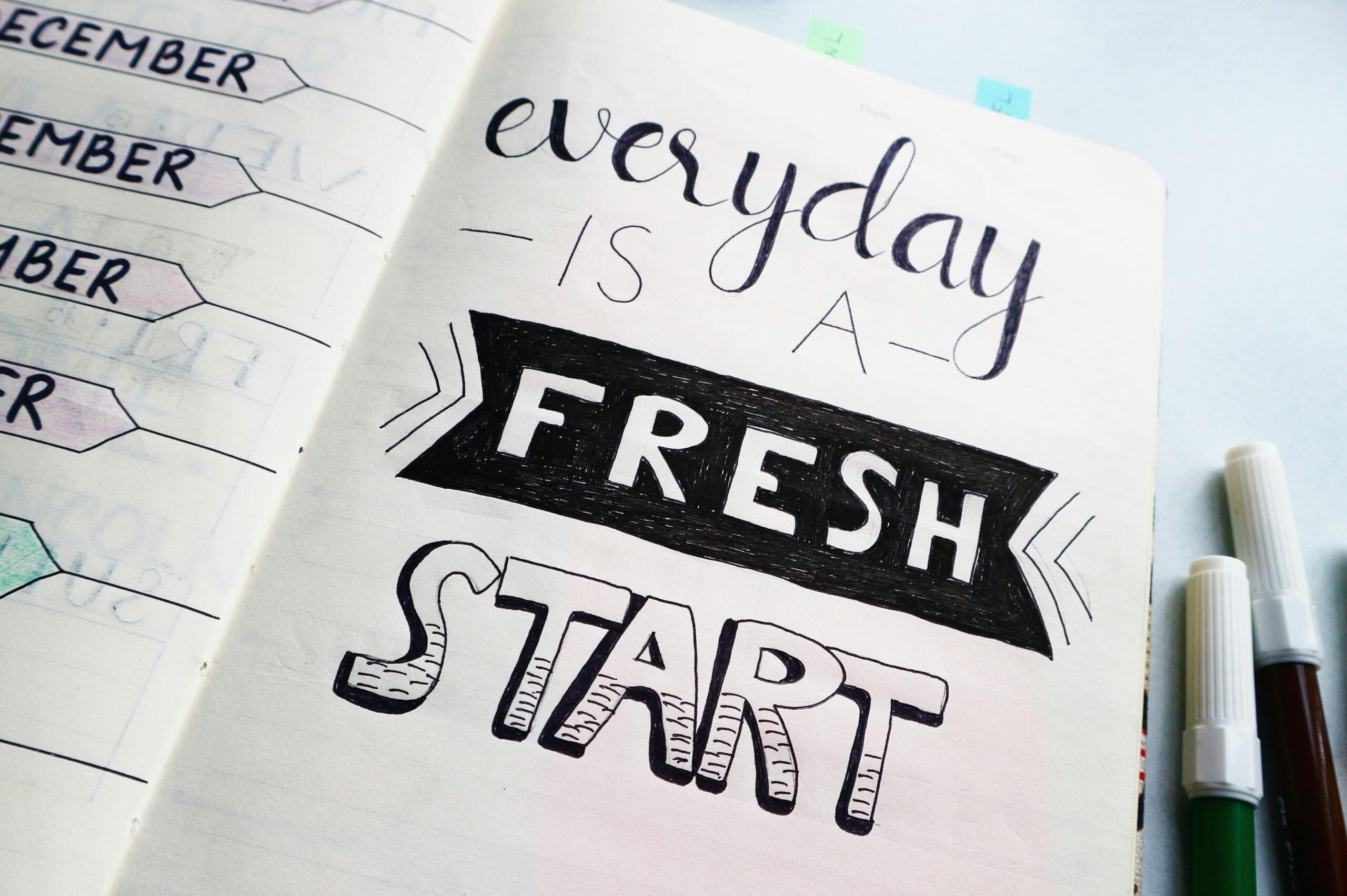For most people who don’t live in Japan or had the chance to come as a tourist, living in Japan seems to be the dream, especially if they are into Japanese culture, comics, anime, Japanese language, etc. But the truth is, there is more to this than meets the eye. From the eye candy shops that scream Kawaii culture to the trendy and fashionable shops in Harajuku or Shibuya, loneliness and anxiety hide behind every face of a Japanese resident like a mask so outsiders don’t see.

In this fast-paced world where cities don’t seem to sleep and the world seems to be connected 24 hours through the internet, it comes as no surprise that more and more every year are starting to get diagnosed with some types of anxiety disorders and Japan is no exception. It has been estimated that 10-15 percent of the Japanese population have been diagnosed with different forms of anxiety disorders, which is higher than the global average.
Many causes could be reasons for stressors that contribute to these statistics such as the extreme work culture in Japan, the strong prevalence of conformity, and pressure from family and peers to do well or work hard. A Japanese word called karoshi directly translates in English to “death by work.” Japan has maintained its place among the countries with the highest suicide rates in the world. This goes to show that anxiety is a big thing in people’s lives. As someone who also experienced working in Japan and is currently under a lot of stress and anxiety, here are some coping techniques that could help you cope with it!
Learn Coping Mechanisms to Control Your Emotions
There are many ways that you can do to combat your feelings of loneliness, worry, and feelings of anxiety by yourself. Going to a private room to meditate and do some breathing techniques can help lessen your anxiety in case you get an anxiety attack at work and you fear your coworkers will see you.

Establishing a Routine
One effective strategy to manage anxiety is establishing a consistent daily routine. Routines can provide a sense of normalcy and predictability in an otherwise chaotic environment. Start by setting regular sleep patterns, meal times, and dedicated periods for work and relaxation. Having a structured day can help you feel more in control of your life and less overwhelmed by the uncertainties that may trigger anxiety.
Connect with the Community, Friends, and Family
Despite feeling isolated, remember that many people share similar experiences. Look for expatriate or local community groups where you can share your feelings and experiences. Engaging in social activities or attending events can help you feel more connected and supported. Sometimes, just knowing that others understand what you’re going through can significantly alleviate feelings of loneliness and anxiety. Learn the language and this will help you understand cultural norms that could improve your mental well-being in the long run.

Seek Professional Help
If your anxiety feels overwhelming, consider seeking professional help. In Japan, there are mental health professionals who cater to both locals and foreigners. Therapists can provide you with coping strategies specifically tailored to your needs. Additionally, some clinics offer services in multiple languages, ensuring that language barriers do not prevent you from receiving the help you need.
Engage in Physical Activity
Physical exercise is a powerful tool against anxiety. It not only helps in reducing stress hormones but also boosts your mood through the release of endorphins. Whether it’s joining a gym, practicing yoga, or simply taking regular walks through one of Japan’s serene parks, regular physical activity can significantly improve your mental health.
Limit the Use of Social Media and the Internet
While staying informed is important, overexposure to social media and the news can exacerbate feelings of anxiety, especially if most of the news is negative. Limit your consumption of these media to just a few minutes a day, and be mindful of the sources of your information. Focusing more on your immediate environment rather than global or even local issues can help keep your anxiety in check.

Mindfulness and Meditation
Mindfulness and meditation can be particularly effective in managing anxiety. These practices help you stay present and grounded, reducing the tendency to worry about the past or future. Numerous apps and local classes are available to help you start a meditation practice. Even simple deep breathing exercises can help calm your mind when anxiety levels begin to rise.
Take up A Hobby
Japan offers unique cultural experiences that can also serve as therapeutic activities. Practices such as Ikebana (flower arranging), tea ceremonies, or even attending local festivals can provide a meditative and relaxing break from the hustle of daily life. These activities not only distract from anxiety but also deepen one’s appreciation and understanding of Japanese culture. Write a journal or diary to remind you of all the good things you have accomplished despite the difficulties you are facing.

Explore Japan’s Nature
Japan’s stunning natural landscapes offer a perfect retreat from the hustle and bustle of urban life. Spending time in nature can have a calming effect on the mind and body, reducing symptoms of stress and anxiety. Consider regular visits to local parks, and gardens, or take weekend trips to the countryside like Hakone or Yamanashi. Engaging with nature can help you disconnect from daily stressors and gain a fresh perspective on life.
By incorporating these strategies into your daily life, you can better manage the stress and anxiety that comes with living in Japan. Remember, it’s important to be patient with yourself as you navigate through these challenges. Each small step you take can lead to significant improvements in your mental health and overall well-being.



